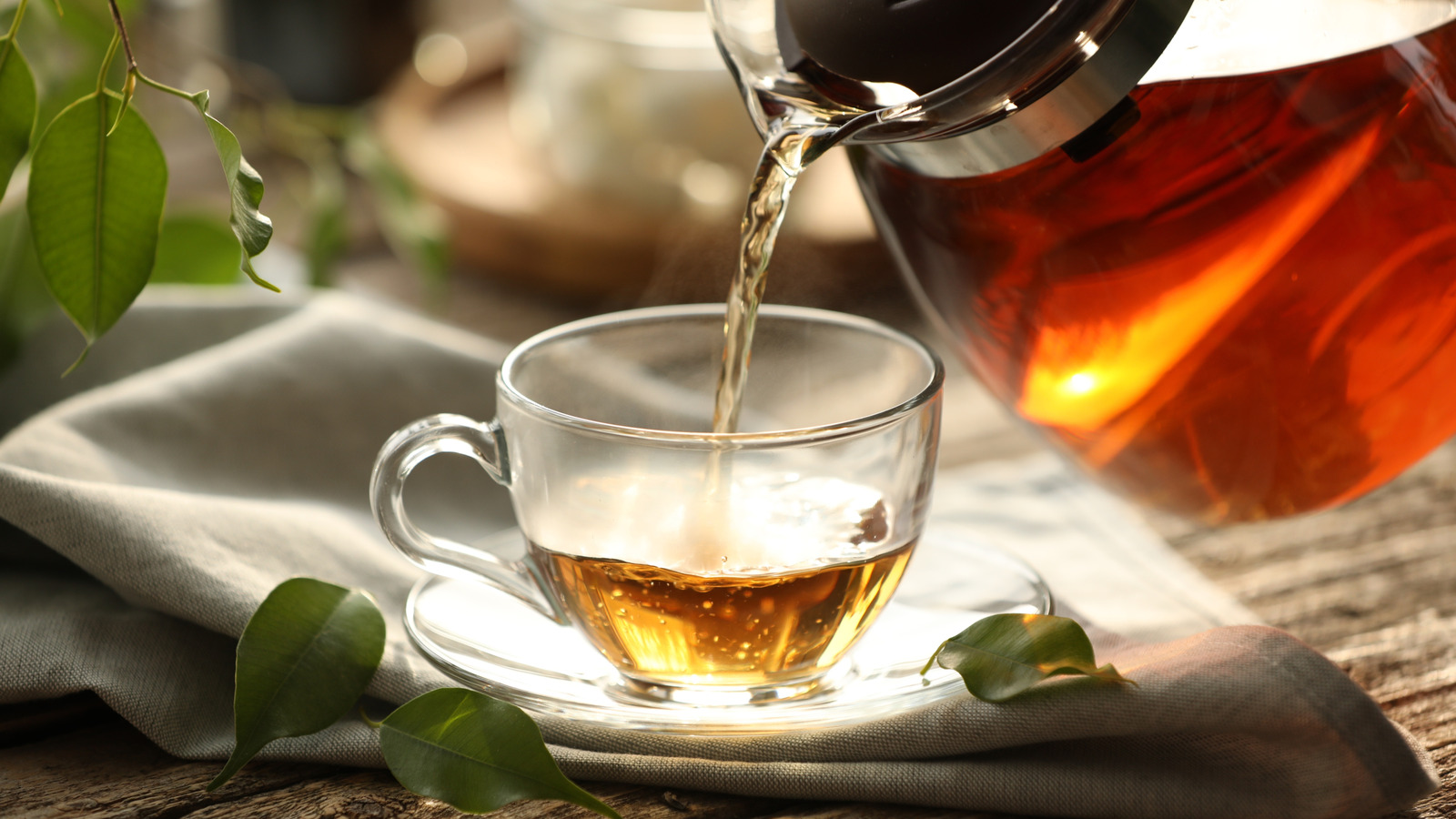
"When you need to get your morning started with a bang, chances are it's coffee rather than tea that you'll be reaching for. Likewise, if you're trying to cut down on caffeine, you might think that tea is the safer choice. While it's true that the caffeine content in tea is generally lower than in coffee, there are a lot of variables."
"There are many drinks we call tea, but the only true teas are those that come from the Camellia sinensis plant. Between these true teas, what differentiates them is which leaves are picked and how the leaves are processed after harvesting. Herbal teas like mint or chamomile are technically infusions or tisanes rather than true teas, and are generally free of caffeine naturally."
"Rooibos can stand in for breakfast tea, with a slightly earthy but sweet taste that won't become bitter even with extended brewing. Unlike other herbal infusions, it can be enjoyed with milk. You'll even find it in some of your favorite tea flavors, like this Tick Tock Rooibos Earl Grey or Yogi Rooibos Chai. If you want something completely free of caffeine, this is the closest you're going to get to tea."
Caffeine levels in tea depend on tea type and preparation methods. True teas come from the Camellia sinensis plant; differences arise from which leaves are picked and how they are processed. Herbal infusions or tisanes, such as mint or chamomile, are naturally caffeine-free and are distinct from true teas. Rooibos, from Aspalathus linearis, is a caffeine-free South African infusion that tolerates long brewing and can be enjoyed with milk. Tea bags often provide more consistent caffeine amounts than loose leaf, while longer steeping times and hotter water increase caffeine extraction. Consumers can adjust brew variables to reduce or increase caffeine intake.
Read at Tasting Table
Unable to calculate read time
Collection
[
|
...
]